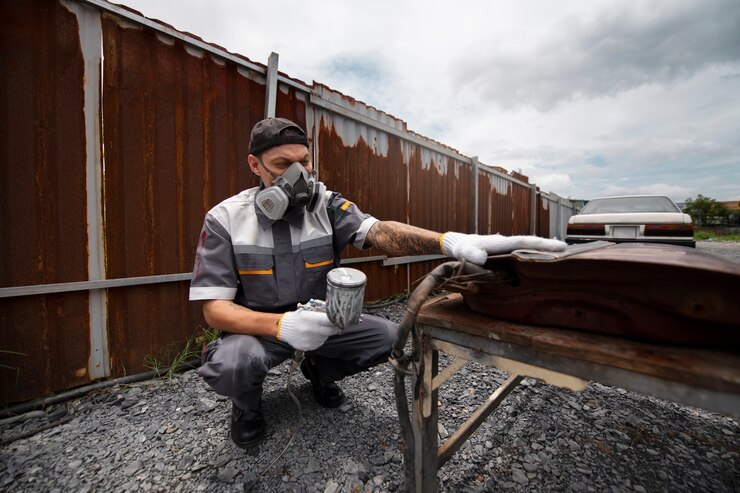Industrial manslaughter

If the action/inaction of an employer results in the death of an employee, it can be considered as industrial manslaughter.
At the beginning of the current financial year, New South Wales introduced a new industrial manslaughter offence. This offence falls under the Work Health and Safety Act of New South Wales. As per this, there are significant penalties that will apply in case of conduct that causes death of an employee. The maximum penalty for the offence can include 25 years’ imprisonment for an individual and a fine of $20 million for a body corporate.
There are three industries in which industrial manslaughter occurs commonly – agriculture, forestry, and fishing; transport, postal and warehousing; and construction.
As part of employer obligations, duty of care is an essential legal requirement, wherein employers have a duty of care to ensure that their workers are working in a safe environment.
What constitutes industrial manslaughter in NSW?
As per the Work Health & Safety Amendment (Industrial Manslaughter) of Act 2024, a person can be found guilty of the offence of industrial manslaughter when they:
- Engage in grossly negligent conduct that breaches their work health as well as safety duties that they owe an individual, in such away that subsequently causes the death of that individual.
- Fail to comply with their health and safety duty.
A person can commit this offence if they are a person conducting a business or undertaking, or an officer of a person conducting a business or undertaking.
Notable changes to the Work Health & Safety Act in relation to industrial manslaughter
Under the NSW WHS Act, there are some key changes that were made in relation to industrial manslaughter. For instance, industrial manslaughter can be prosecuted without a limitation period. This is different to other offences under the NSW WHS Act that typically have a limitation period of up to 2 years.
Moreover, SafeWork NSW will not accept enforceable undertakings for contravention of the industrial manslaughter offence. As per the Fair Work Ombudsman, an enforceable undertaking is a legally binding agreement between the Fair Work Ombudsman and the person who has failed to follow an Australian workplace law.
The Fair Work Ombudsman can use enforceable undertakings instead of taking the employer who has not followed a workplace law to court. However, industrial manslaughter is a Category 1 offence, and so the option of enforceable undertaking is not available to employers. As per the WHS, category 1 offence is a serious category as it involves a duty holder engaging in conduct that recklessly exposes a person to a risk of death, serious injury, or illness.
What must employers do?
It is a serious problem if an employer’s negligence causes the death of an employee. Employers have the responsibility to ensure that the work environment is safe for their employees, and therefore there are a few things that they can keep in mind to ensure protection of employees at the workplace.
For one, employers must conduct regular internal and external risk audits. Moreover, safety systems need to be established, and regularly reviewed. Oftentimes, members of the business or organisation may not be complying with rules and regulations. It becomes the onus of the employer to ensure that the culture of the organisation is such that rules and regulations are respected.
Conclusion
The above piece has given a quick summary of NSW industrial manslaughter. In terms of employment law, it is a serious offense, which means it is the duty of managers to make sure that their place of work is safe. All issues, including those involving involuntary manslaughter, harassment at work, wrongful termination, etc., may be helped by employment experts.














